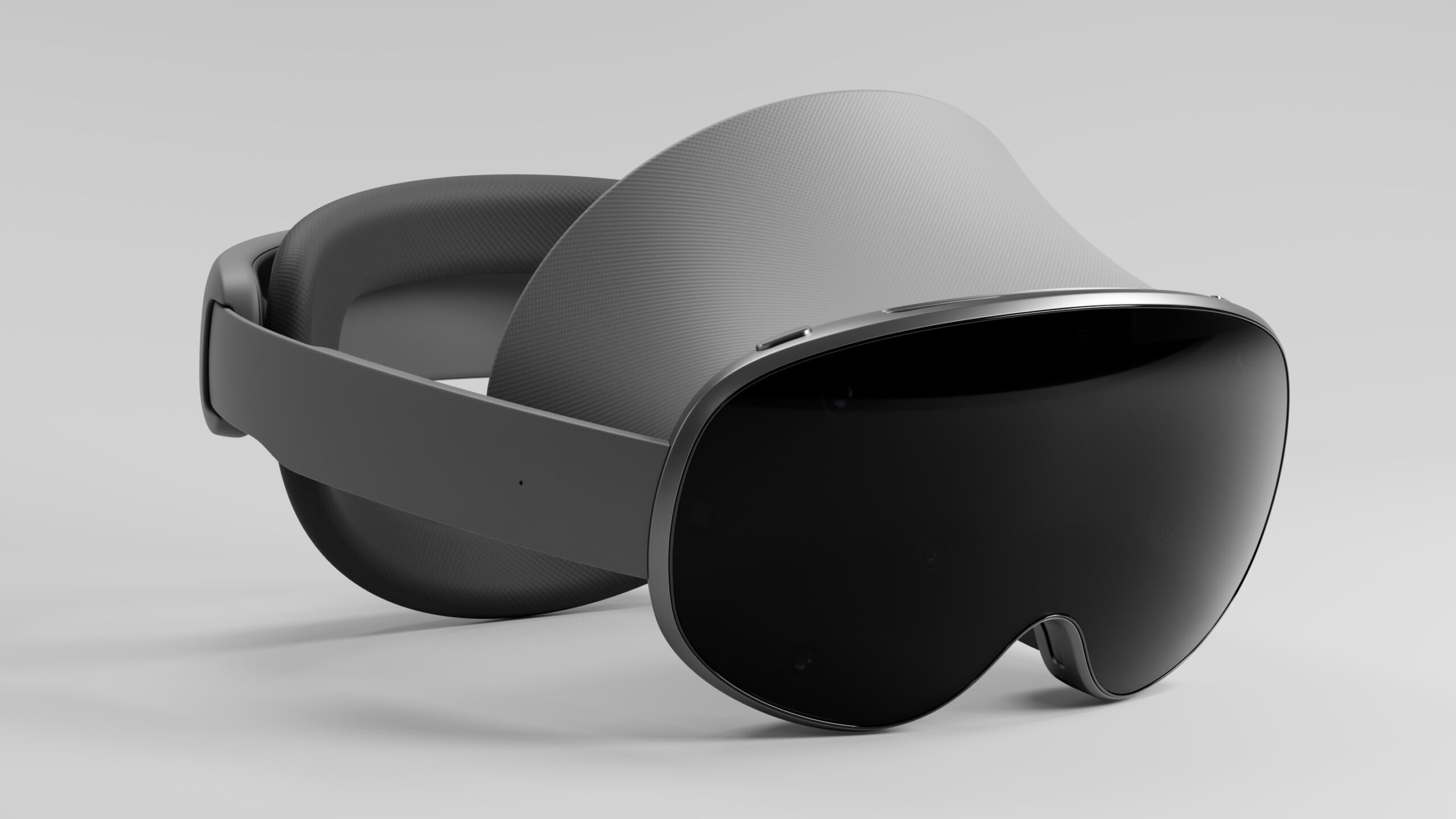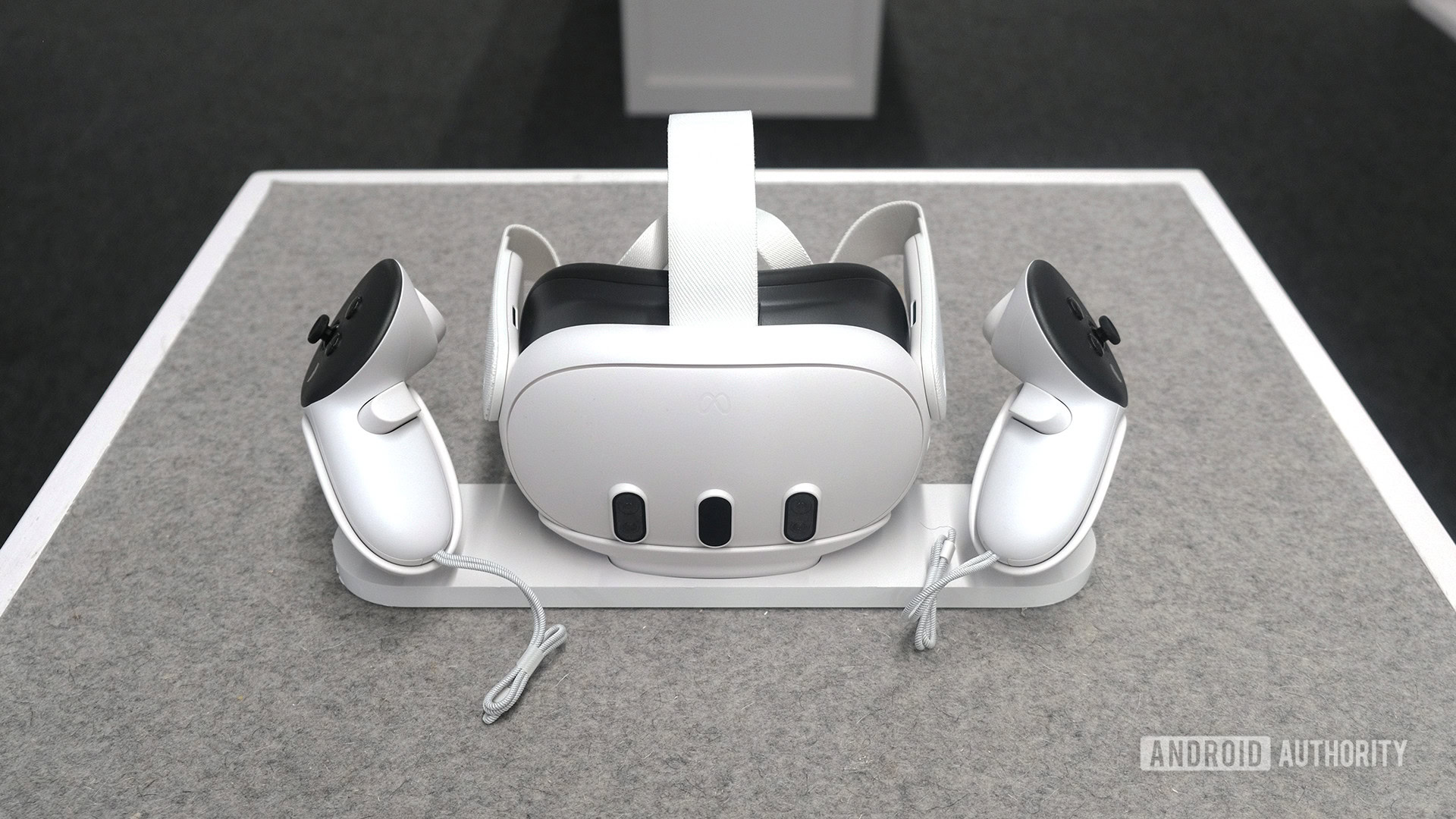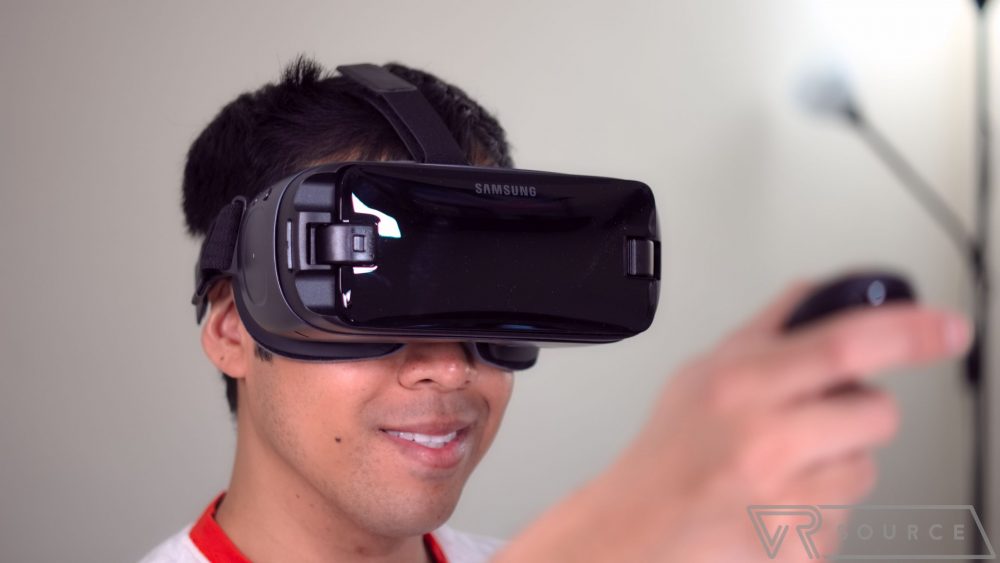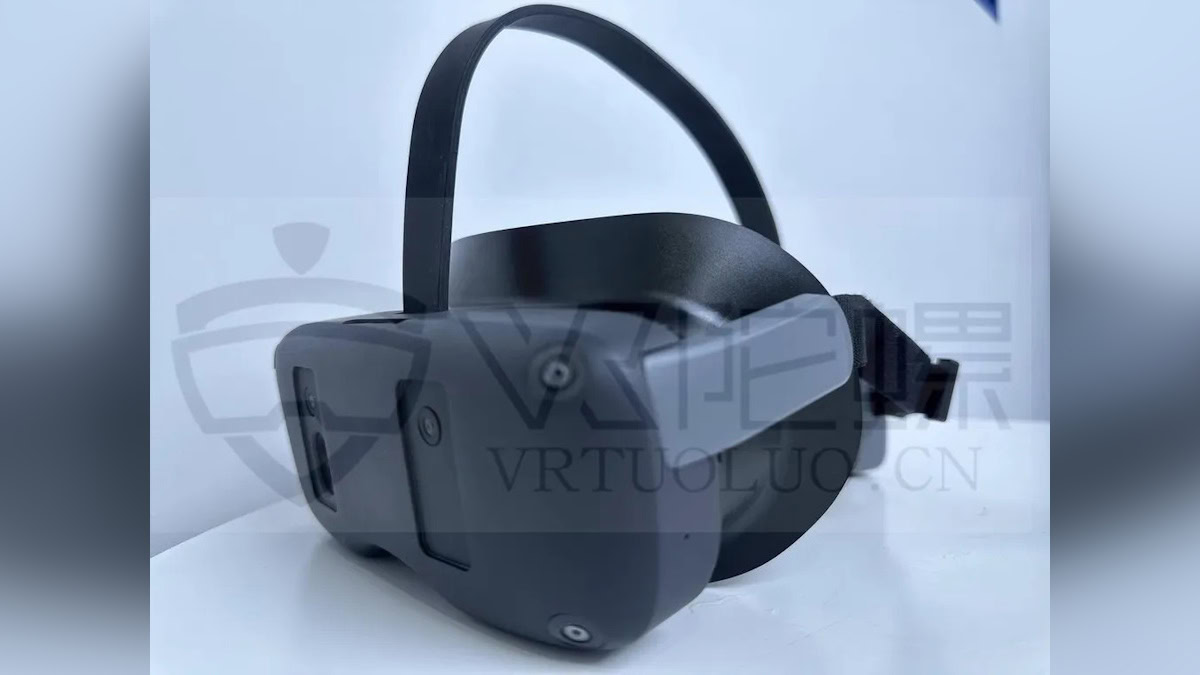Affiliate links on Android Authority may earn us a commission. Learn more.
Samsung XR rumors: Here's what we know about Project Moohan
Published onDecember 12, 2024

The XR market has experienced its share of ups and downs over the last decade, and while it has found its place among businesses and enthusiasts, the mainstream public has been a bit slower to adopt MR, VR, and AR. This has started to change in the last few years with mixed reality devices like the Meta Quest series, and more recently, Apple jumped in with its own Vision Pro headset.
Not wanting to be left out of this newfound attention, Samsung has announced its own take extended reality technology. Here’s everything we know about Project Moohan, aka Samsung XR.
Keyword: At a glance
- When is it expected to come out? Samsung has clarified Project Moohan is expected to launch sometime in 2025, but there's no specifics beyond this.
- What features could there be? Aside from XR technology, will also know it will run on Android XR.
- How much might it cost? Rumors have been all over the map when it comes to the Samsung XR price tag, so it's too early to say for sure.
What is the Project Moohan?
While the rumor mill simply called it Samsung XR, Samsung has yet to officially confirm the commercial name for its XR headset but it has revealed it is currently going by the moniker Project Moohan. You can see a prototype of the device above, but beware this may or may not be the final design.
The device will be capable of extended reality, which includes capabilities like VR, AR, and experiences that combine both. Samsung his partnering with Google and Qualcomm for the device’s software and hardware needs.
As for what is the most likely Samsung XR release date? Previous rumors have suggested the device was delayed after the Apple Vision Pro launch. More recently, Samsung has confirmed it is coming in 2025, but with no clarity on when exactly.
What rumored specs and features could the Samsung XR have?
While there’s a lot we don’t know about the Samsung XR just yet, we can confirm that the device will run on the new Snapdragon XR2 Plus Gen 2 chip. The latest Qualcomm chip supports powerful specs, including 4.3k per-eye resolutions, 90Hz refresh rates, and support for 12 concurrent cameras. There’s also support for 12ms latency which will make interactions feel more natural than ever before.
It’s also confirmed that Google has partnered with Samsung to bring a version of Android to the device, as mentioned briefly above. Dubbed Android XR, this version of Android works like any other AR glasses or VR headset, with a specialized UI that works with air gestures, voice commands, or just regular old VR controllers.

Google has stressed it is putting extra emphasis on voice commands. Android XR is the first operating system designed with Gemini in mind from day one, so generative AI and the Gemini digital assistant will be a large part of the experience.
That’s about all we know officially. Other than that, a report from Daily Korea (via SamMobile), said the XR will have micro-OLEDs with a resolution of 3,840 x 3,552 pixels with a 90Hz refresh rate. It could also support a maximum brightness of 1,000 nits. It’s too early to say how accurate this report is, but we do know the Snapdragon XR2 Plus Gen 2 is definitely able to handle displays of this caliber.
Other rumored specs include a ToF sensor, eight tracking cameras, voice command support, eye tracking, and hand tracking. That’s all we know with any real certainty in terms of specs, but there are a few other Samsung XR rumors out there.
Wait, I thought these were going to be glasses?
At one point Qualcomm’s CEO revealed that Samsung’s XR device will be smart glasses. During that interview, he also revealed that it will connect to your phone and that the glasses will have AI. “AI is going to run on the device. It’s going to run on the cloud,” the CEO said. “It’s going to run some in the glass, some in the phone, but at the end of the day, there’s going to be whole new experiences.”
This went against early rumors from 2023, such as a few images of a prototype (below), but we were excited nonetheless.
It turns out that the older rumors were right, but also so are the newer ones. Google has confirmed Android XR glasses are on the way in the future. Whether these are by Google, Samsung, or someone else isn’t quite as clear. But the good news is that the glasses form factor will eventually play a role here too.
What might the Samsung XR price be?

All rumors paint the Samsung XR as a premium device, so it’s unsurprising to hear that this device might set you back a pretty penny. There were early reports that the product would aim for the $1,000 mark, but this was before the Apple Vision Pro arrived and reportedly led Samsung to retool its plans.
Based on the lack of information, it’s hard to nail down a price. Now that we know this is a full-blown headset, it’s likely it will cost at least $500 or more. Whether it’s much, much more? We’ll have to wait and see.
Should you wait for the Samsung XR?
The Samsung XR is expected to arrive sometime in 2025, but should you wait? It depends on what you’re looking for. If you’re just intrigued by VR and are hoping this will cost $1,000 or less, you’d be better off considering the Quest 3 ($499.99 at Best Buy) or Quest Pro.
For those who simply want the best XR device money can buy, you might want to wait, though. It’s likely that the Samsung XR will outgun many of its competitors, while still likely undercutting the expensive price tag of the Apple Vision Pro. Either way, it’s likely you’ll only have to wait a few months to learn enough about the device to make your decision.
Samsung XR: What we want to see
The Samsung-Google XR device is shrouded in mystery but there’s plenty I want to see from the final product when it eventually emerges.
Hit the price and performance sweet spot
Thanks to Meta and Apple, the focus on the XR market has picked up again. Apple’s commercials make the Vision Pro look straight out of the future, but the average consumer run for the hills when they see its price. However, Apple went with a different approach for its XR product, going with a headset form factor. As such, Samsung’s solution should be much more affordable, but this does show the importance of nailing that sweet spot.
If it could get close or even undercut Meta’s Ray Ban smart glasses, that would be a boon for Samsung. Especially if this product turns out to be a high-end alternative. However, we also know the Samsung XR has a better processor than the Meta Quest Pro, so it will likely cost a pretty penny.
Guaranteed commitment
Let’s be honest, Google and Samsung have a mixed track record when it comes to both their VR implementations and their long-term support. Devices like the Gear VR and Daydream are just two hardware examples, but Google’s general attitude towards VR has always been that it’s more of a side experiment. With Meta and Apple bringing their A-game, Google and Samsung need to show that they are serious this time. For me, that means some kind of guaranteed commitment policy for Android XR (or whatever the rumored Android-based OS is named) and the devices that run it. Matching Samsung and Google’s Android software support with a seven-year XR commitment would definitely help put my concerns at ease.
While Samsung might not quite match its flagship phones, I suspect it will at least have some kind of game plan in place to ensure long-term support.
Universal components with other Android XR devices

There are rumors Google will also unveil its own Android XR device at some point or at least other partner devices, though it is very possible they will focus on the initial launch of Samsung’s device first and foremost, similar to how Samsung’s watches tend to get first dibs for major Wear OS updates.
We can’t say for certain that Google intends to make its own Pixel XR or something similar, but it seems unlikely they would invest in making a whole Android-based VR platform for just Samsung.
It could just be a matter of time before other brands like OnePlus put out their own Android XR devices. Once this happens we could see two things happen: a bunch of devices could ship with Android XR while having little capability beyond the OS, or Google could opt to take a heavier hand with Android XR and what its OEMs can and can’t do, similar again to its wearable efforts. I’m hoping for the latter.
If Google has a standard controller in mind, this will certainly remove some of the developer headaches involved with supporting multiple controller configurations. Similarly, we’d like to see a certain level of uniformity with Android XR accessories like expandable batteries or better audio accessories. How likely is it that Google would do this? Honestly, I’m possibly being overly optimistic about accessories, but the idea of a standard layout for Android XR controllers makes a lot of sense and is much more likely.
